7 tips to help strengthen your child’s immune system
Kids’ health is a topic that’s important to all parents, especially during the current coronavirus pandemic. While families are taking steps to prevent the spread of COVID-19, it may be the right time to educate children on healthy eating and routines.
Dr. Taz Bhatia, an immune support and wellness physician, offers some foods and habits that can help strengthen your kid’s immune system.
1. Add foods high in vitamin C
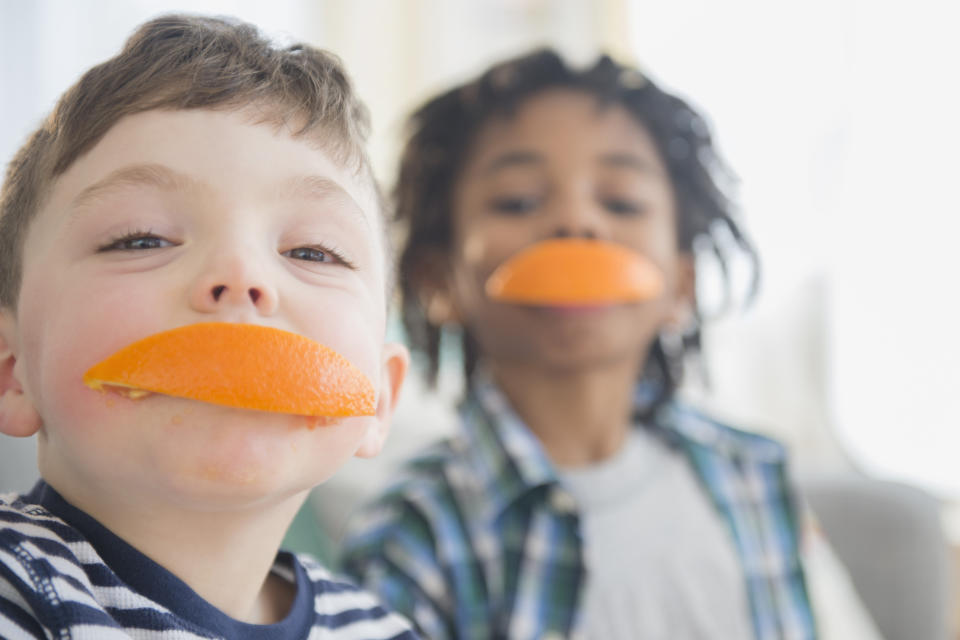
Citrus fruits and vegetables rich in vitamin C like oranges, grapefruits and beets support and help build a strong immune system. “With children, we really want them to get their vitamins through food, so the earlier you can establish some of these healthy eating habits, the better for their overall health,” Bhatia says.
2. Make chicken soup a year-round option
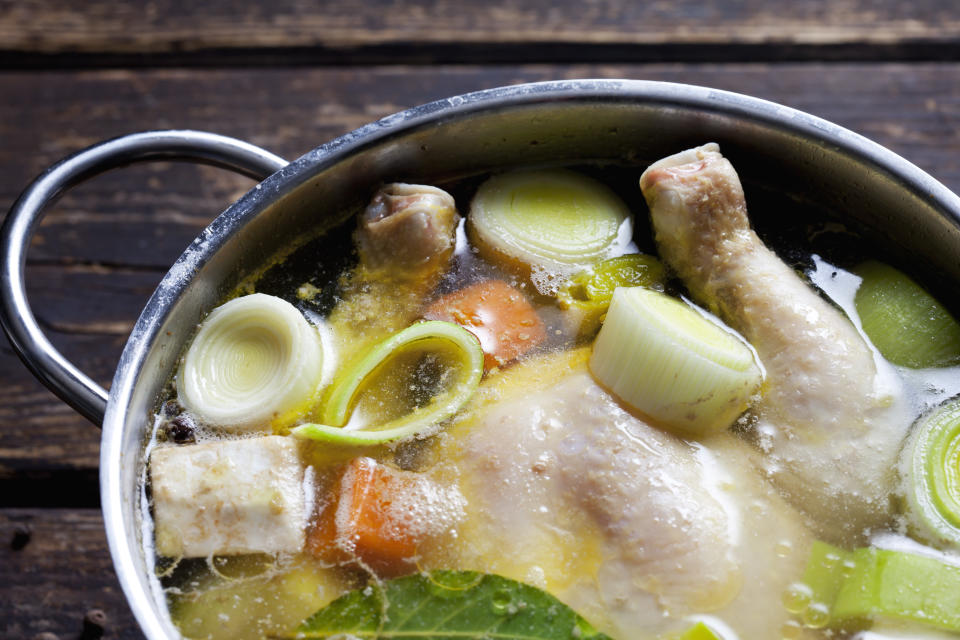
Another immune-supporting food for kids is chicken soup. It isn’t just an option when children are sick. “It’s a great food to bring in maybe a couple of times a week to keep the immune system primed and supportive,” she explains. Chicken soup produces collagen that helps keep skin, hair and bones strong. It also has antiviral and antibacterial properties.
3. Lower sugar intake

Pay attention to how much and where the sugar is coming from. Keep an eye on packaged items, juices and natural sugar versus refined sugar in food. Is your child having multiple sweat treats in one day? If so, it may be time to dial back. “The more we can lower sugar, the healthier they will be,” says Bhatia.
4. Incorporate essential oils

Aromatherapy can help boost moods and ease stress. Essential oils like rosemary, eucalyptus and tea tree oil have antiviral and antibacterial properties that can help fight off viruses and bacteria. Bhatia suggests rubbing the oils on kids’ wrists or on the sides of their nose, diffusing it or steaming with it to help get all the therapeutic benefits.
5. Make sure they get enough sleep
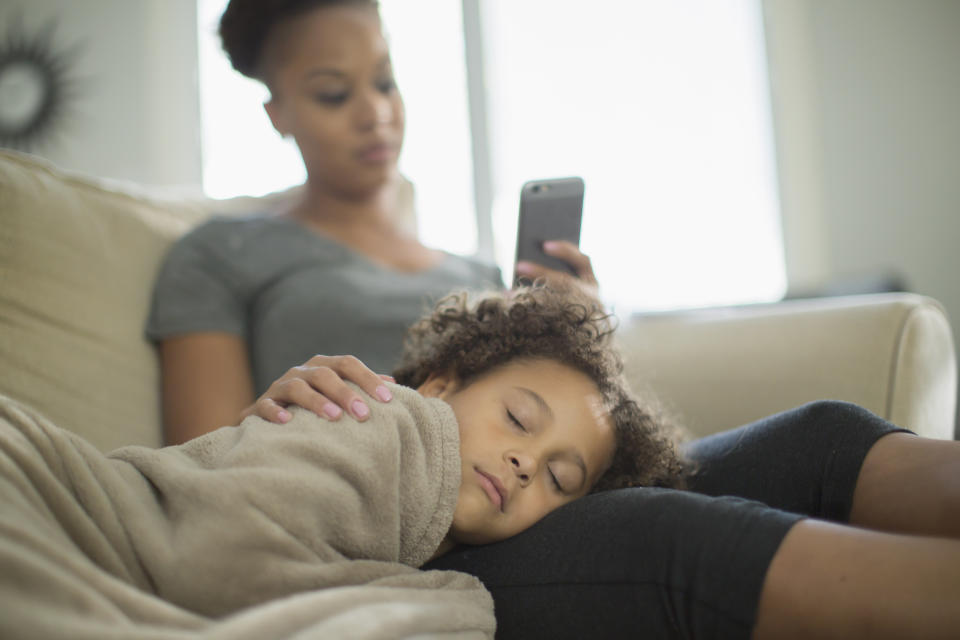
Along with establishing a consistent bedtime routine, Bhatia recommends 10 hours of continuous sleep. “And even those teenagers and adolescents, they shouldn't be skipping below 10,” she says. Sleep is directly associated with your child’s behavior, eating habits and ability to fight off infections. Lack of sleep increases cravings for junk food and often results in mood swings, temper tantrums and greater risk for infections.
6. Encourage daily exercise
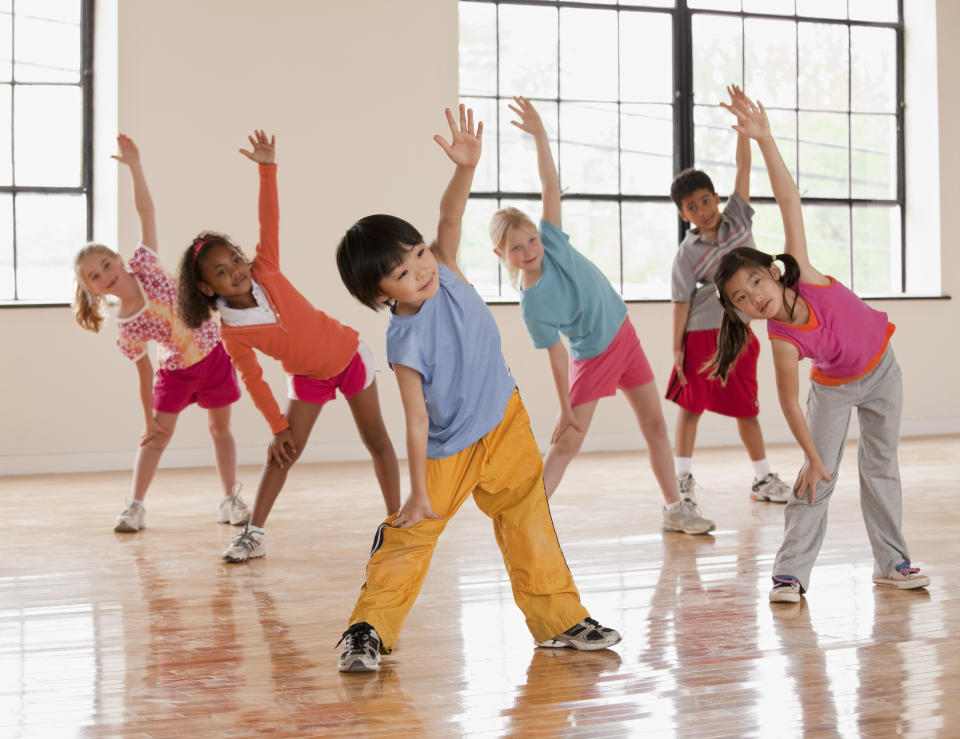
Getting at least 60 minutes of exercise a day will help your child sleep better and is associated with fewer infections and improved behavior. “We know when they’re running around, it also helps produce chemicals that support the immune system rather than fight against it,” Bhatia explains.
7. Teach proper handwashing
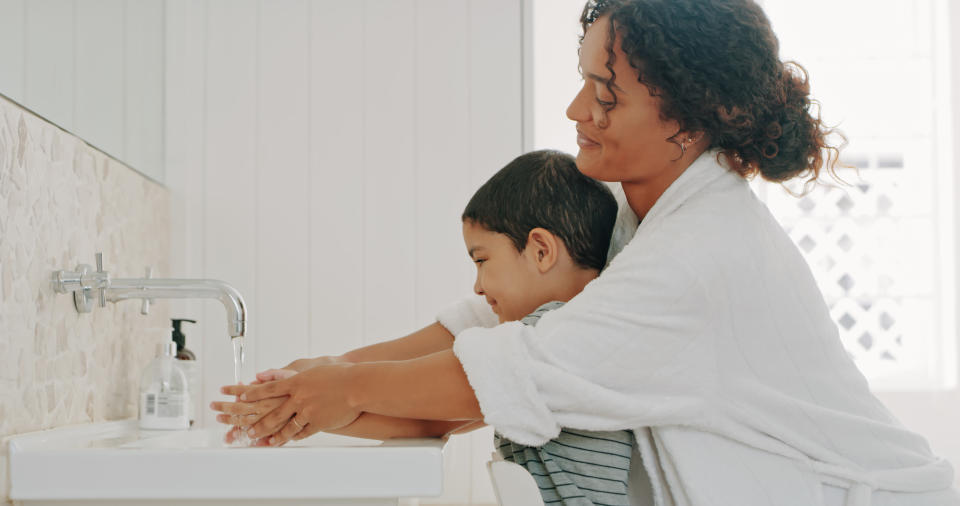
Teaching children to wash their hands has now more than ever become so important. Handwashing is the best way to prevent the spread of germs. Bhatia emphasizes the importance of washing hands before meals, after using the bathroom, after touching or playing with pets and animals, as well as after coughing, sneezing or blowing your nose.
For the latest coronavirus news and updates, follow along at https://news.yahoo.com/coronavirus. According to experts, people over 60 and those who are immunocompromised continue to be the most at risk. If you have questions, please reference the CDC’s and WHO’s resource guides.
How to maintain your physical and mental health during the pandemic
Taking care of a loved one with COVID-19? Here’s how to stay healthy
Q&A with Dr. Kavita Patel: How to keep your family safe and maintain your mental health
Read more from Yahoo Life:
These 8 foods will boost your immune system and overall health
How vitamin D is connected to having a healthy immune system
Want daily lifestyle and wellness news delivered to your inbox? Sign up here for Yahoo Life’s newsletter.


